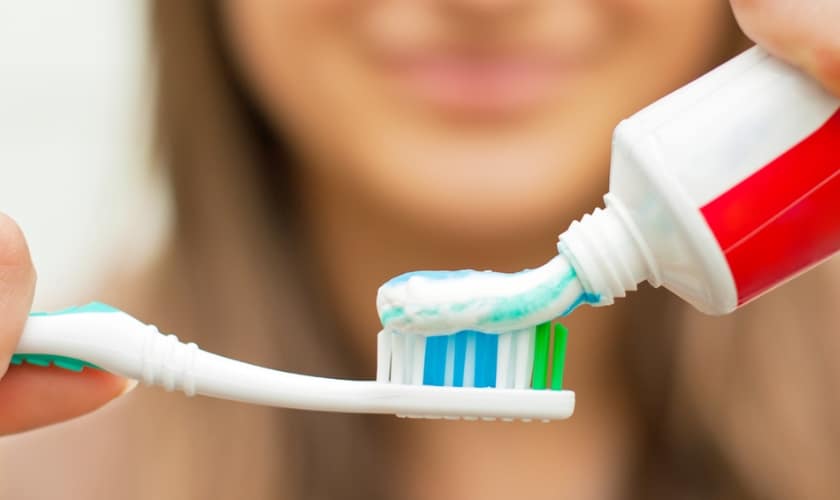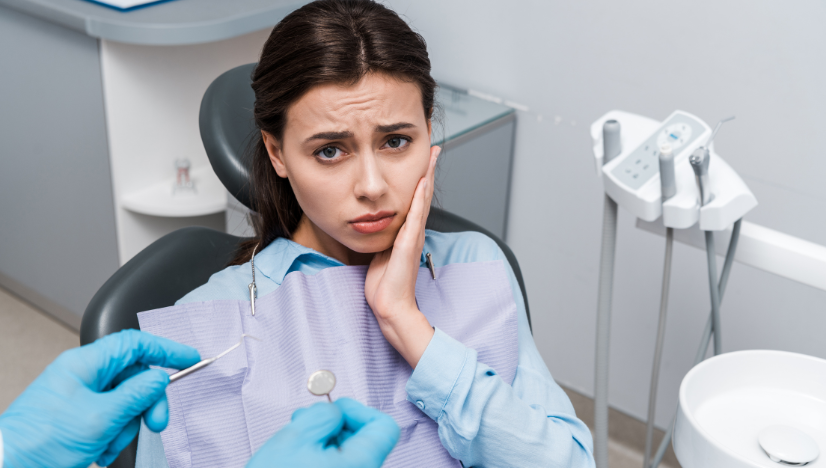
Picture this: You’ve just made a small but significant change to your daily routine. You’ve decided to ditch your trusty fluoride toothpaste in favour of a more natural or alternative option. You may have read about potential concerns regarding fluoride in toothpaste, or you may want to go all-natural for a change. Whatever your reason, you’re left wondering, “What happens when you stop using fluoride toothpaste?” In this in-depth exploration, we’ll delve into the world of fluoride, discuss the potential consequences of this decision, and help you make an informed choice for your dental health.
The Role of Fluoride in Toothpaste
Before we embark on this journey, let’s establish the importance of fluoride in toothpaste. Fluoride is a naturally occurring mineral that has been a staple in oral care for decades. It plays a crucial role in preventing tooth decay and maintaining oral hygiene. Here’s how:
- Strengthens Tooth Enamel: Fluoride helps fortify tooth enamel, the protective outer layer of your teeth. This makes your teeth more resistant to acid attacks from bacteria and the acids present in the food you consume.
- Prevents Tooth Decay: By strengthening enamel, fluoride acts as a formidable shield against the formation of cavities. It can even reverse the early stages of tooth decay, reducing the need for invasive dental procedures.
- Promotes Re-mineralization: Fluoride encourages the re-mineralization of your teeth by replenishing lost minerals, such as calcium and phosphate. This process helps to heal and repair minor tooth damage.
- Inhibits Bacterial Growth: Fluoride can also hinder the growth of harmful oral bacteria, reducing the chances of plaque formation and gum disease.
The Controversy Surrounding Fluoride
Fluoride in toothpaste has been a subject of ongoing debate and controversy. Some individuals and groups have raised concerns about the potential adverse effects of fluoride consumption, leading to the popularity of fluoride-free or natural toothpaste alternatives. These concerns are centred around a few key points:
- Fluorosis: Excessive fluoride intake during tooth development in children can cause dental fluorosis, which results in discolouration and pitting of the teeth. This is typically a cosmetic issue and not a health concern in most cases.
- Skeletal Fluorosis: In areas with high naturally occurring fluoride in drinking water, long-term exposure can lead to skeletal fluorosis, which affects bones and joints. However, this is extremely rare in regions with regulated fluoride levels.
- Allergic Reactions: Some individuals may experience allergic reactions or skin irritations from fluoride-containing toothpaste.
- Environmental Concerns: Environmental concerns are related to the mining and production of fluoride compounds for toothpaste.
What Happens When You Stop Using Fluoride Toothpaste
Now that we’ve laid the foundation, let’s explore the potential consequences of discontinuing fluoride toothpaste.
- Increased Risk of Tooth Decay: The most significant risk is an increased vulnerability to tooth decay. Without the protective benefits of fluoride, your teeth are more susceptible to the corrosive effects of acid-producing bacteria and acidic foods and drinks.
- Cavities May Develop: In the absence of fluoride’s enamel-strengthening properties, cavities may develop more easily. The weakened enamel provides an ideal breeding ground for bacteria.
- Gum Disease Risk: Poor oral hygiene can lead to gum disease, progressing to more severe conditions if left untreated. Fluoride helps protect against gum disease by inhibiting bacterial growth.
- Sensitivity: Without fluoride to promote re-mineralization and repair minor damage, you may experience increased tooth sensitivity to hot and cold temperatures.
- Cosmetic Concerns: Over time, the absence of fluoride could lead to cosmetic issues such as discoloration and pitting of the teeth, which may require dental procedures to address.
- Increased Dental Costs: Dental treatments for issues that could have been prevented with fluoride toothpaste may result in higher dental costs.
- Limited Availability of Scientific Evidence: Many fluoride-free toothpaste brands claim to be equally effective. However, the scientific evidence supporting their claims may be limited compared to the extensive research on fluoride-containing toothpaste.
Alternative Options to Fluoride Toothpaste
If you’re still determined to steer clear of fluoride toothpaste, there are alternative options to consider. These include:
- Natural Toothpaste: Natural toothpaste brands often contain ingredients like baking soda, charcoal, and essential oils. While they lack fluoride, they can still protect against tooth decay.
- Prescription Toothpaste: In cases where a dentist determines you are at high risk of cavities, they may prescribe a high-strength fluoride toothpaste to provide the protection you need.
- Diet and Hygiene: Maintaining a healthy diet low in sugar and practicing excellent oral hygiene, such as regular brushing and flossing, can reduce your risk of tooth decay even without fluoride.
- Fluoridated Water: If your tap water is not fluoridated, you can opt for fluoridated bottled water or fluoride supplements to ensure you receive fluoride in another form.
The decision to stop using fluoride toothpaste is a personal one, but it’s crucial to be well-informed about the potential consequences. While there are concerns surrounding fluoride, it remains a trusted and widely recommended ingredient for maintaining good oral health. If you choose fluoride-free, consider the alternatives and consult your dentist to ensure you take the necessary steps to protect your teeth. Ultimately, the choice is yours, but your dental health should always be a top priority. Whether you stick with fluoride toothpaste or explore fluoride-free alternatives, maintain a consistent oral hygiene routine and stay in close contact with your dentist to address any emerging issues promptly. Your smile will thank you for it.


